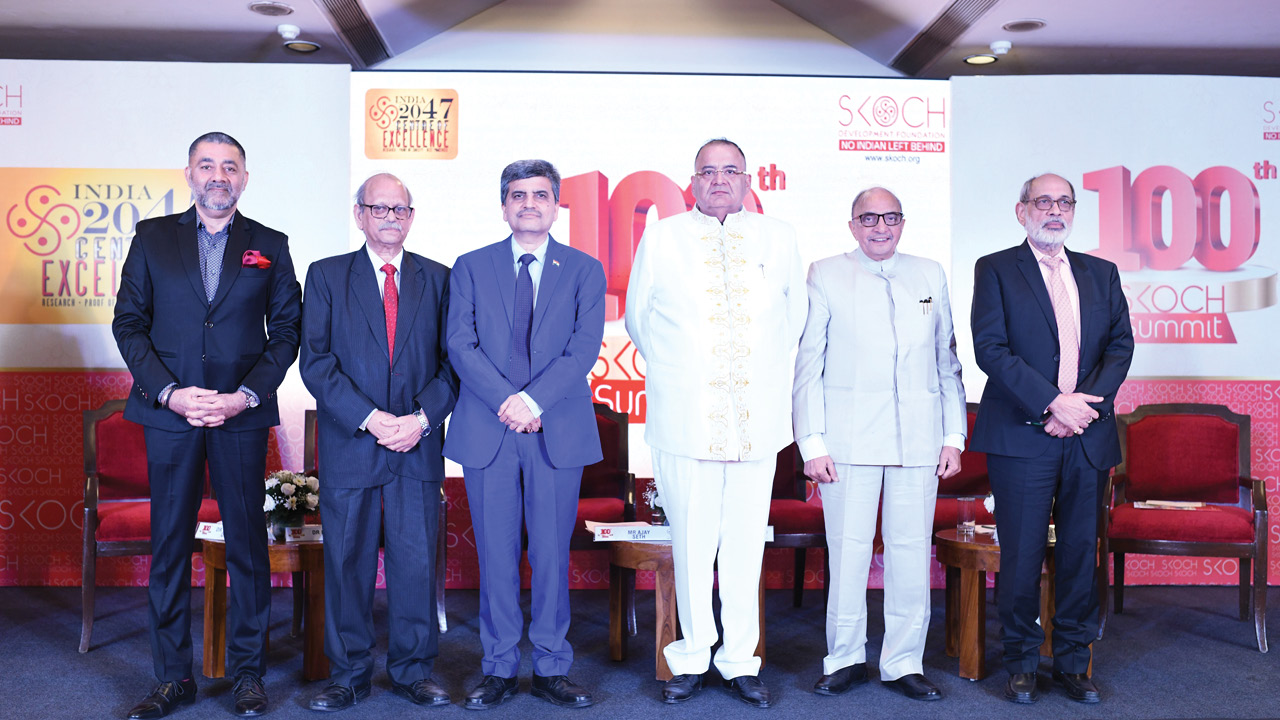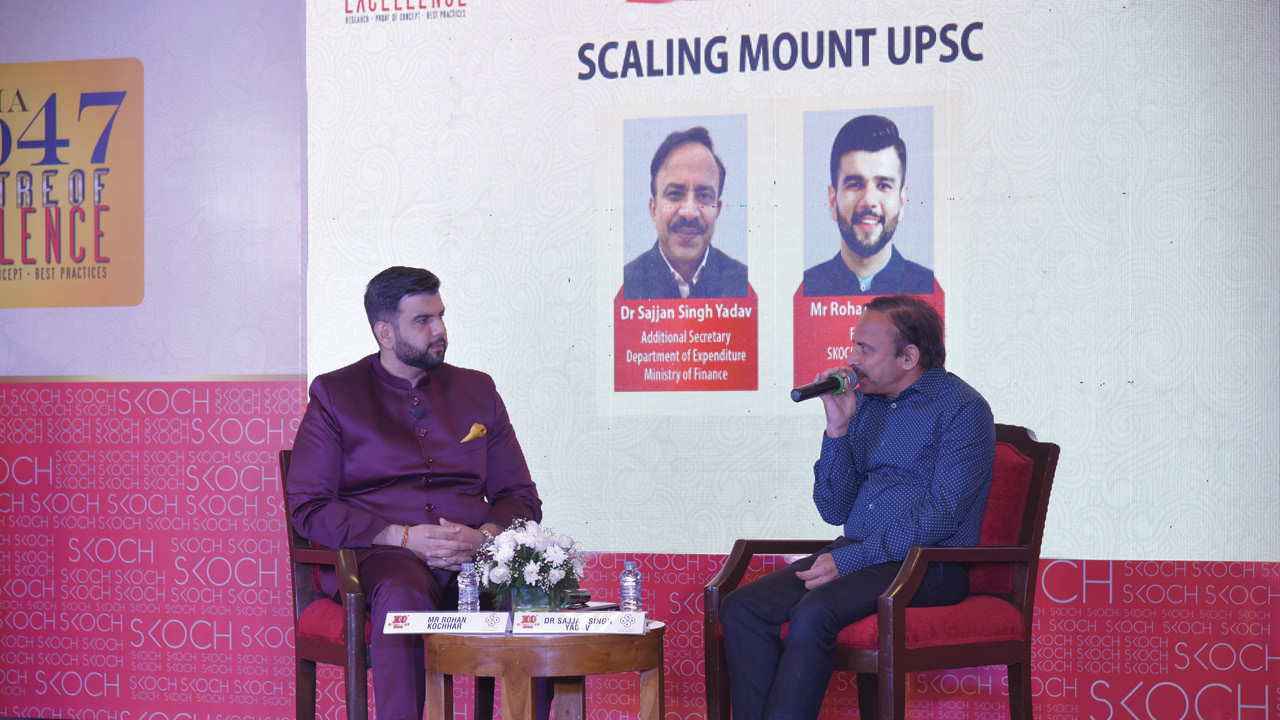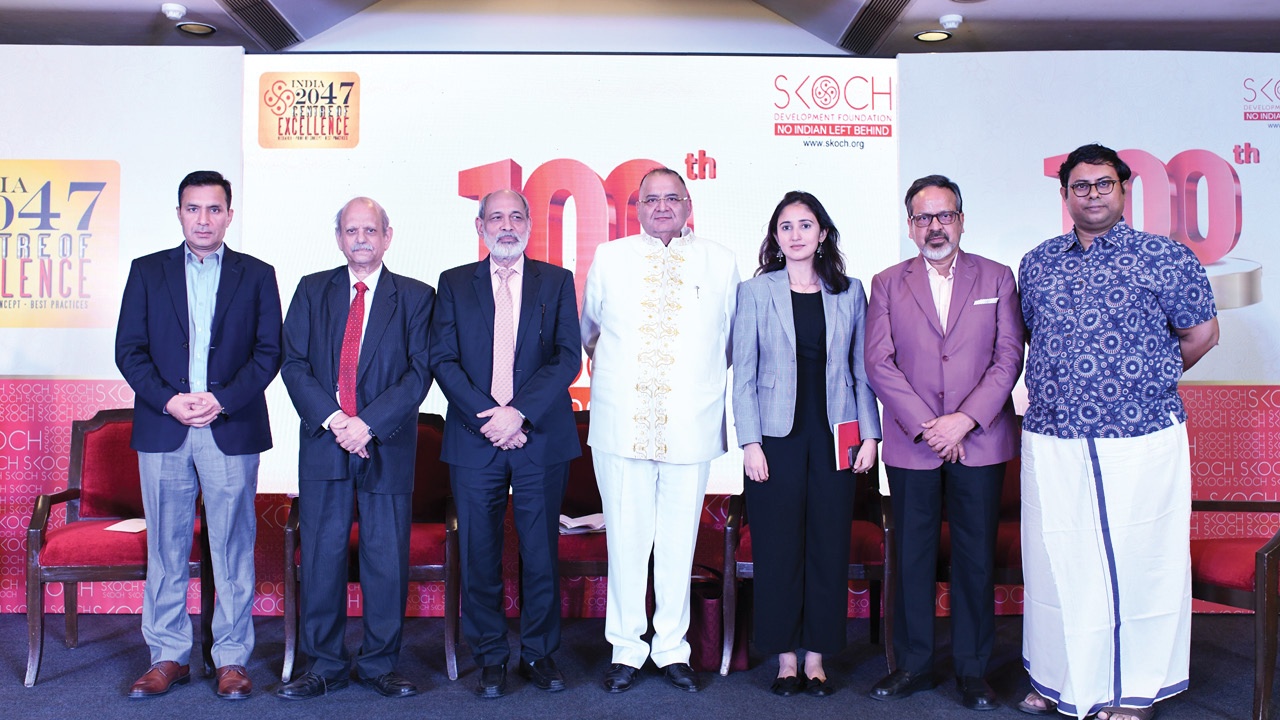About
In an age of rapid technological change, geopolitical shifts, and escalating demands for equity and sustainability, the nexus of economy and law stands as a critical battleground for shaping the future. The Mega Conference on Economy and Law, scheduled for 29th March 2025, is designed to interrogate this intersection through a multidimensional lens—justice, innovation, governance, and global responsibility. By bringing together policymakers, legal scholars, industry leaders, activists, and sustainability experts, this event will confront the challenges and opportunities defining our era. Under the theme “Navigating New Frontiers in Economic Justice and Legal Frameworks,” we aim to rethink how economic systems and legal structures can either perpetuate inequities or pave the way for a more inclusive, resilient world.
Agenda
0900 - 1430
An Agenda for Reforms
India’s regulatory framework has long been characterized by excessive compliance, outdated colonial-era laws, and a political reluctance to dismantle inefficient regulations. Overzealous regulation often benefits lower-level bureaucracy more than businesses or citizens, leading to economic distortions where small firms are romanticized while large firms face disproportionate scrutiny.
The Economic Survey 2024 highlights the urgency of deregulation, emphasizing that India’s projected sub-7% GDP growth is insufficient to meet its economic aspirations. Case studies from Haryana, Tamil Nadu, Punjab, and Andhra Pradesh demonstrate how targeted deregulation has improved the ease of doing business. However, reforms must go beyond surface-level changes—India needs a structural shift in regulatory design, eliminating litigation-prone provisions, reducing compliance costs, and creating a predictable, business-friendly environment.
This panel discussion will explore key aspects of regulatory reform, including the problem of path dependence, the role of state-level deregulation, and the impact of excessive compliance on economic growth. The discussion will also assess the feasibility of the newly announced High-Level Committee on regulatory reform and whether a one-year review period is sufficient.
A major focus will be on institutionalizing pre-screening mechanisms to prevent business-stifling regulations from entering the system in the first place. Additionally, the panel will debate how India can balance deregulation with necessary oversight, ensuring that labour rights, environmental standards, and consumer protections are not compromised. The session will conclude with policy recommendations, identifying priority sectors for reform and outlining a roadmap to sustain an 8%+ GDP growth trajectory.
Arrival & Registration
Breakfast, Conversation and Pictures with Mr Sameer Kochhar, Chairman, SKOCH Group
Welcome: Dr Gurshran Dhanjal, Vice Chairman, SKOCH Group
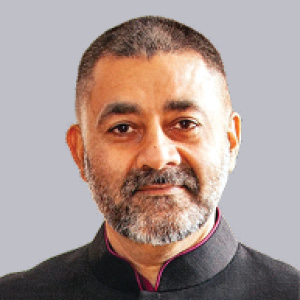
Introduction - The Story Thus Far: Dr Deepak B Phatak, Director, SDF and Chairman, Board of Governors, IIT Indore
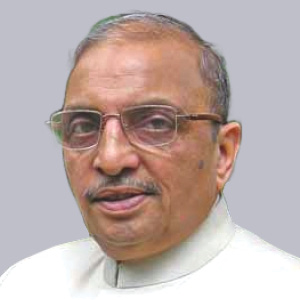
Opening Remarks: Mr Sameer Kochhar, Chairman, SKOCH Group
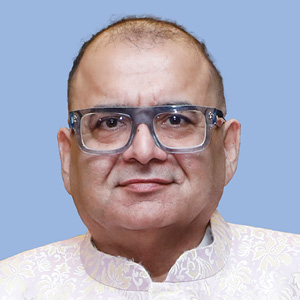
Inaugral Keynote: Mr Ajay Seth, Finance Secretary, Government of India
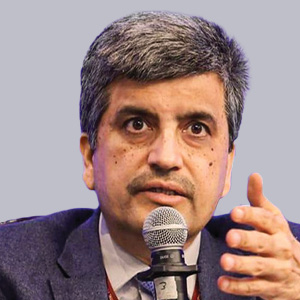
SCALING MOUNT UPSC: Chat between Dr Sajjan Singh Yadav, Additional Secretary, Department of Expenditure, Ministry of Finance and Mr Rohan Kochhar, Founder, SKOCH Law Offices


UNEQUAL ECONOMIC GROWTH OF INDIAN STATES 1960-2024: Dr N C Saxena, Distinguished Fellow, SKOCH Development Foundation and Former Secretary, Government of India

STATE OF DIGITAL ECONOMY: Dr Deepak Misra, Director and Chief Executive, ICRIER

An Agenda for Reforms
Chair: Dr M Ramachandran, Distinguished Fellow, Skoch Development Foundation and Former Secretary, GoI
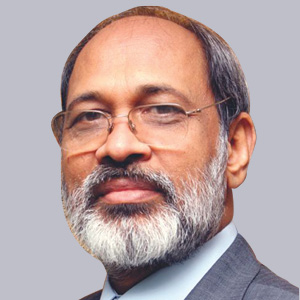
Dr M Govinda Rao, Chairman, Karnataka Regional Imbalances Redressal Committee, and Former Director, NIPFP
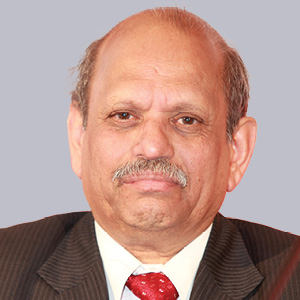
Ms Pranjul Bhandari, Managing Director, Chief India Economist and Asean Economist, HSBC & Adviser, 16th Finance Commission
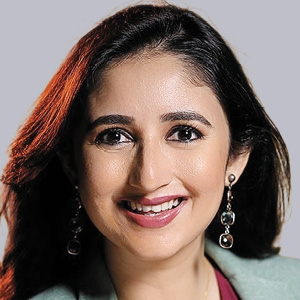
Dr Ram Singh, Director, Delhi School of Economics

Dr V N Alok, Professor, Indian Institute of Public Administration (IIPA)
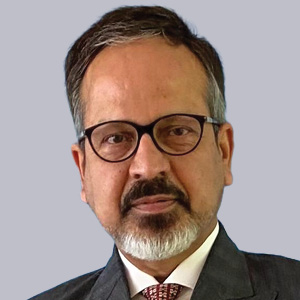
Dr Hindol Sengupta, Historian & Professor, O.P. Jindal Global University (JGU)

Discussion
Closing remarks of the Chair
Lunch curated by Mr Sameer Kochhar in Honour of the Awardees
Agenda
1600 - 2015
Sizing & Regulating Digital Economy
India’s digital economy is growing at a breakneck pace—with projections of reaching a multi-trillion dollar contribution to GDP by 2030—yet its rapid expansion brings with it significant challenges in both accurately measuring its scale and in crafting regulatory frameworks that foster innovation while protecting consumer interests. The challenge is twofold. First, traditional metrics and global indices often fail to capture India’s unique digital landscape where the aggregate scale (e.g., total number of internet users, volume of digital transactions, and network effects) contrasts sharply with per capita measures of digital engagement. Second, regulatory frameworks designed elsewhere—such as those reflected in the EU’s GDPR—do not always translate well into India’s socio-economic and federal context.
Recent policy debates underscore that the digital economy’s size is not merely about connectivity numbers or transaction volumes. It also involves capturing the broader economic impact, digital inclusion (especially among MSMEs and marginalized groups), and the qualitative benefits of innovation. Key reports and discussion papers highlight that while India may rank highly when measured at an aggregate level, the experience of the individual user remains uneven due to digital divides across rural–urban lines, gender gaps, and varying levels of digital literacy.
On the regulatory side, India’s experience with the GST Council offers a promising example of successful center–state co-regulation. The GST Council’s inclusive model—where federal and state governments work collaboratively to harmonize taxation policies—illustrates that well-designed, co-regulatory spaces can yield robust, implementable policy outcomes. However, when it comes to digital regulation, such as the enforcement of the Digital Personal Data Protection (DPDP) Act and the Telecom Commercial Communications Customer Preference (TCCP) Regulations, the challenge remains to balance stringent consumer protection with the need for innovation and cost-effective compliance, particularly for smaller businesses and startups.
The current regulatory landscape is marked by debates on issues like:
- How to effectively measure the size of Indian Digital Economy? Is measuring the impact of Digital India a better approach?
- How to balance regulation uniformity, ease of doing business and federalism in a Digital Economy? Is GST Council model a good way forward?
- How best to ensure data protection without imposing burdens that may stifle entrepreneurial growth.
- Whether a one-size-fits-all approach is suitable given the diverse range of digital services—from e-commerce and fintech to digital health and local retail.
- The importance of regulatory impact assessments to gauge the economic costs and benefits of these policies.
In this context, there is growing advocacy for the creation of more inclusive and co-regulatory spaces. Such platforms could enable a broader spectrum of voices—policy experts, consumer rights groups, industry leaders, and citizens—to contribute to a more nuanced regulatory framework that is adaptive to India’s evolving digital economy.
Arrival & Registration
Tea, Conversation and Pictures with Mr Sameer Kochhar, Chairman, SKOCH Group
Opening Remarks: Mr Sameer Kochhar, Chairman, SKOCH Group

State of Municipal Governance: Dr M Ramachandran, Distinguished Fellow, Skoch Development Foundation and Former Secretary, Government of India

Sizing & Regulating Digital Economy
Chair: Dr Deepak B Phatak, Director, SKOCH Development Foundation and Chairman, Board of Governors, IIT Indore

Dr Jaijit Bhattacharya, Founder & President, Centre for Digital Economy Policy Research

Dr Suranjali Tandon, Associate Professor, NIPFP

Mr Anil Bhardawaj, Secretary General, FISME

Mr Jaspreet Singh, Clients and Markets Leader - Advisory Services, Grant Thornton Bharat LLP

Mr Rohan Kochhar, Founder, SKOCH Law Offices

Discussion
Remarks of the Chair
Acceptance by Ms Pranjul Bhandari, Managing Director, Chief India Economist and Asean Economist, HSBC & Adviser, 16th Finance Commission

Acceptance by Dr Ram Singh, Director, Delhi School of Economics

Acceptance by Dr V N Alok, Professor, Indian Institute of Public Administration (IIPA)

Acceptance by Dr Hindol Sengupta, Historian & Professor, O.P. Jindal Global University (JGU)

Dinner curated by Mr Sameer Kochhar in Honour of the Awardees

